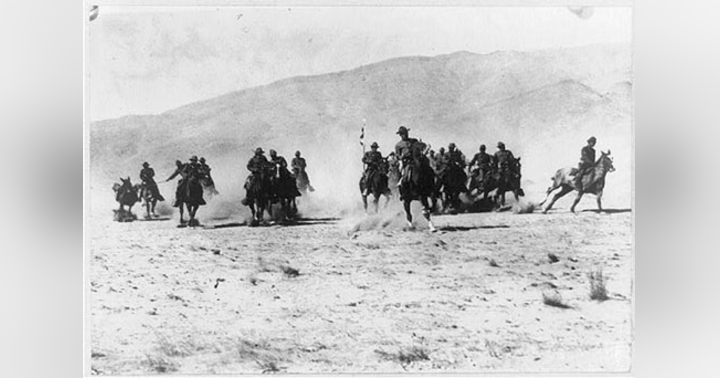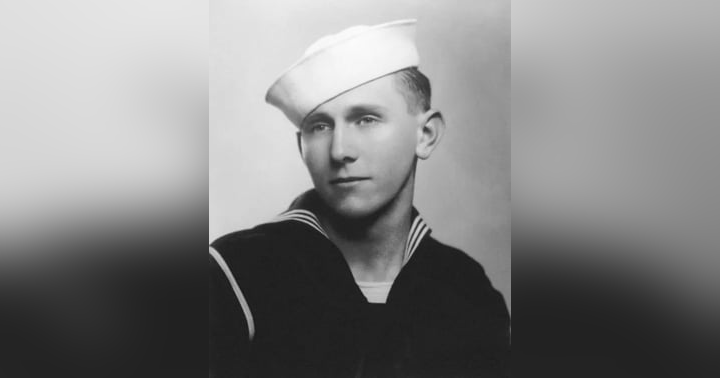The Battle of Gettysburg: A Turning Point in the Civil War

The Battle of Gettysburg is one of the most famous battles in American history, fought between July 1 and July 3, 1863, in Gettysburg, Pennsylvania. It was a major turning point in the American Civil War and marked the end of Confederate General Robert E. Lee's invasion of the North.
Background
In the summer of 1863, the Confederate Army of Northern Virginia, under General Robert E. Lee, decided to launch an invasion of the North. Lee believed that a major victory on Northern soil would boost Southern morale, gain recognition from foreign governments, and perhaps even lead to a negotiated peace. Lee's army began moving north from Virginia in early June.
The Union Army of the Potomac, under General Joseph Hooker, had been pursuing Lee's army, but Hooker was replaced by General George G. Meade on June 28. Meade quickly took command of the army and began moving it toward Lee's forces.
The Battle
On July 1, Confederate forces under General A.P. Hill clashed with Union forces under General John Buford outside of Gettysburg. The fighting was intense, and both sides suffered heavy casualties. By the end of the day, the Confederates had gained some ground but had not yet taken the town.
On July 2, Lee ordered a series of attacks on the Union lines. Confederate General James Longstreet led an attack on the Union left flank, while General Richard Ewell attacked the right. The fighting was fierce, with both sides suffering heavy losses, but the Union lines held.
On July 3, Lee ordered a massive assault on the center of the Union lines, known as Pickett's Charge. More than 12,000 Confederate soldiers advanced across an open field towards the Union lines, but they were met with withering fire from Union artillery and rifle fire. The charge was a disaster for the Confederates, and they suffered heavy losses. Lee's army was forced to retreat back to Virginia.
Aftermath
The Battle of Gettysburg was a major victory for the Union and marked the beginning of the end for the Confederacy. The Confederate army suffered more than 28,000 casualties, while Union losses were around 23,000. Lee's invasion of the North had been repelled, and the Union Army had gained the initiative.
President Abraham Lincoln visited the battlefield four months later and delivered his famous Gettysburg Address, which became one of the most famous speeches in American history. The battle is remembered as a turning point in the Civil War, and it remains one of the most studied and analyzed battles in history.


